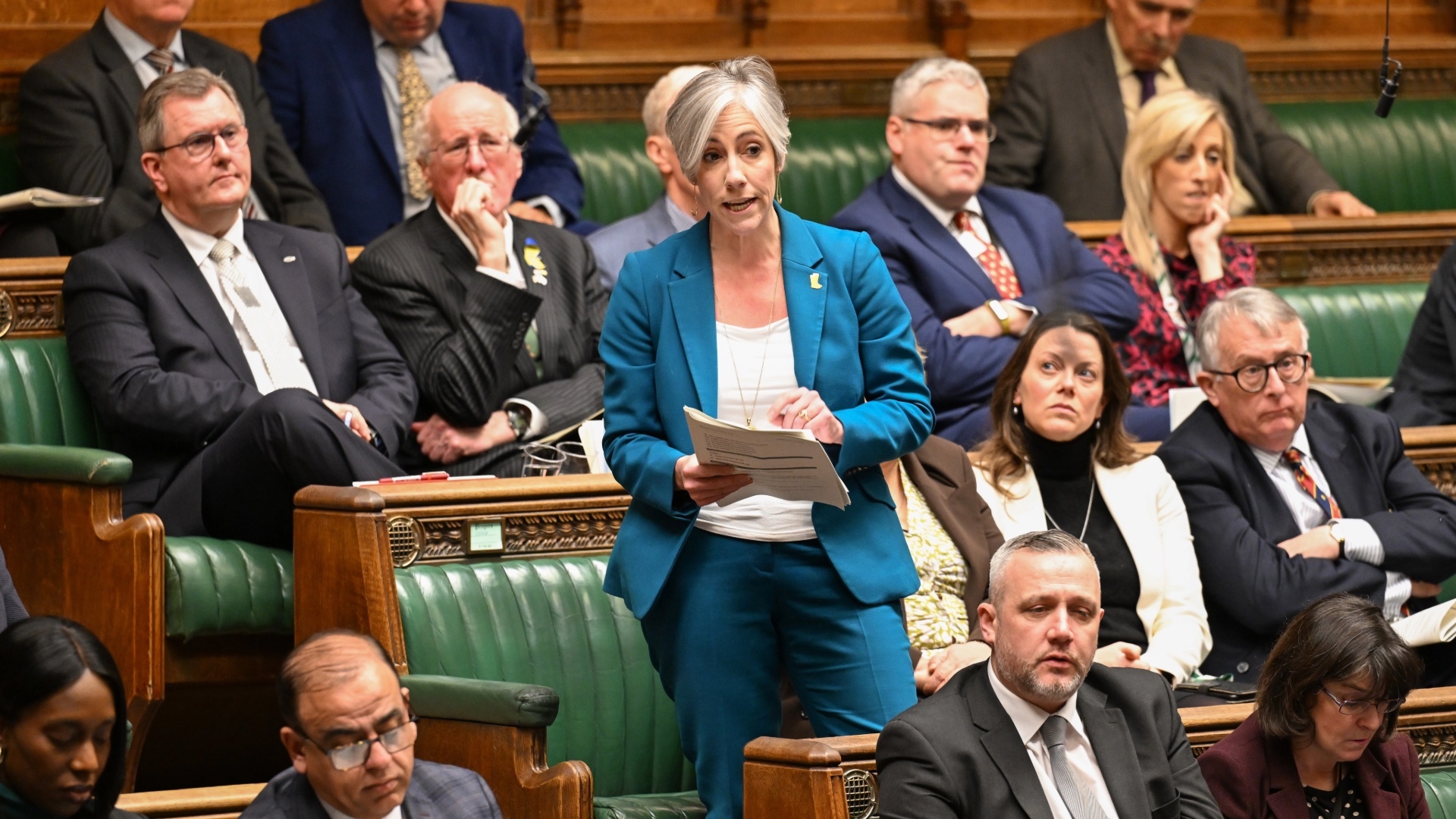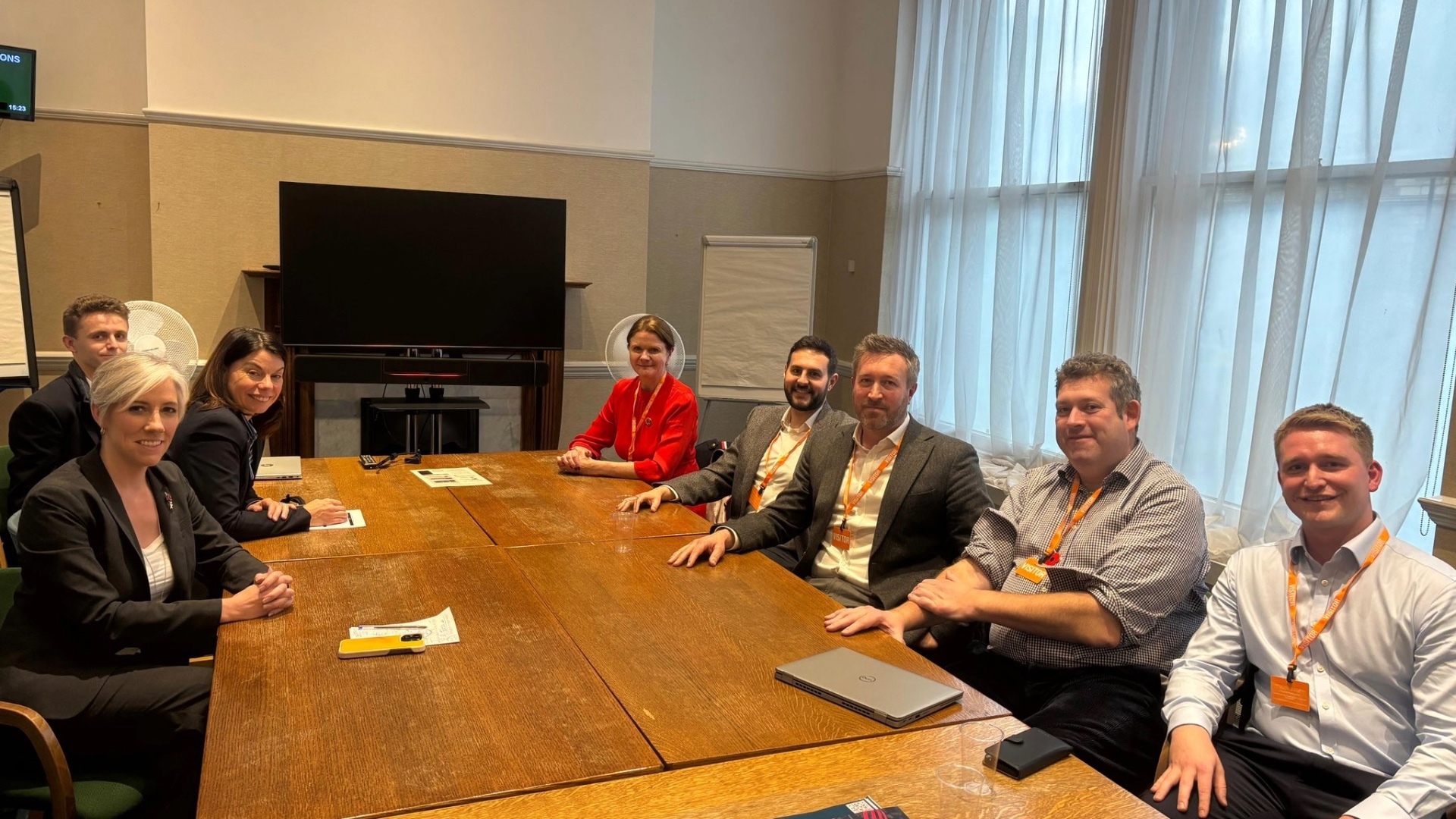Liberal Democrats call for 5% VAT cut to revive the UK’s hospitality industry
Posted by Emma on 12th Nov 2025 Reading Time:
The Liberal Democrats have urged the Chancellor to implement a 5% cut in VAT in this month’s Budget to revitalise the UK’s hospitality industry, a sector described as “struggling” under the weight of inflation, wage pressures, and dwindling consumer spending.
Deputy leader and Treasury spokesperson Daisy Cooper called for VAT to be reduced from 20% to 15%, arguing that the move would stimulate footfall across pubs, restaurants, and entertainment venues. The proposal, she said, could be funded through a new windfall tax on big banks — an idea originally floated by the Institute for Public Policy Research (IPPR) — which could raise an estimated £30 billion by 2030 .
Cooper emphasised that such a policy could help restore what she described as the “small joys” that have become unaffordable luxuries for many households. “In years gone by, people looked forward to fish and chips with their family on a Friday night or a weekend trip to the cinema,” she said. “Now those small joys – the ones that make life worth living – are becoming an unaffordable luxury for too many” .
Liberal Democrat deputy leader Daisy Cooper has urged the Chancellor to cut VAT from 20% to 15%, arguing the move would revive hospitality and restore the “small joys” that have become unaffordable for many households.
Industry support and wider implications
The proposal has been welcomed by hospitality leaders, including UKHospitality chief executive Kate Nicholls, who said the move “reinforces our call in our Budget submission for immediate action to sustain businesses and protect jobs.” Her comments follow months of warnings from industry groups that the sector faces an existential threat if fiscal support continues to lag behind post-pandemic recovery needs.
According to The Caterer, UKHospitality has warned that last year’s Budget changes to employer National Insurance thresholds disproportionately affected part-time and flexible workers — the backbone of the sector. The Liberal Democrats have echoed these concerns, urging the government to consult on a lower National Insurance Contribution (NIC) band for part-time hospitality employees .
The urgency behind the call is underscored by recent figures showing that hospitality has “borne the brunt” of job losses since the last Budget, accounting for more than half of all redundancies in the period. Data from CGA and AlixPartners also revealed that an average of two hospitality venues closed every day during the first half of 2025 .
The political crossroads
Chancellor Rachel Reeves, due to deliver her Budget on 26 November, has so far refused to rule out tax rises, stating she would make “the choices necessary” to repair public finances. While Labour had pledged during the general election campaign not to raise income tax, VAT, or National Insurance, many analysts believe that promise may now be under strain .
If adopted, the Liberal Democrats’ VAT proposal would mark a major intervention in an industry that employs millions and contributes over £70 billion to the UK economy. However, the Treasury has yet to respond, and insiders suggest Reeves is unlikely to introduce a VAT cut — particularly given fiscal pressures and competing policy priorities.
Nonetheless, hospitality bosses warn that without meaningful relief, the sector could see a fresh wave of closures, especially if the government proceeds with a rumoured 50p rise in the National Living Wage to around £12.70 per hour next year .
Kate Nicholls said the proposal was “very welcome”, reinforcing UKHospitality’s Budget submission urging the government to act swiftly to sustain businesses and protect jobs.
A moment for decisive action
With mounting evidence of financial strain across the industry and growing cross-party pressure, this Budget could prove pivotal for hospitality’s survival and long-term recovery. Whether the government embraces a VAT cut, revises NIC thresholds, or pursues alternative relief measures, the message from the sector is clear: the time for action is now.




